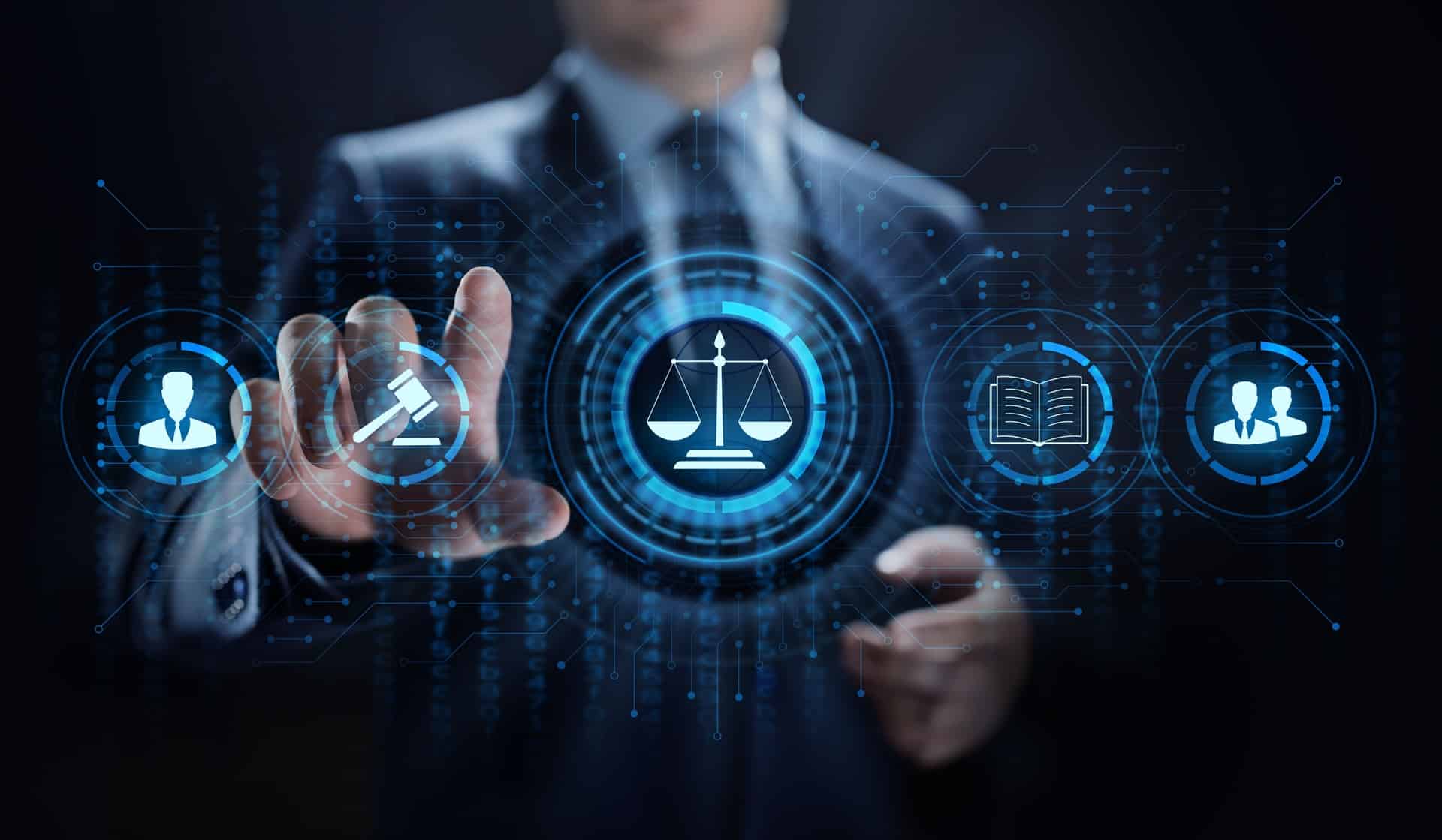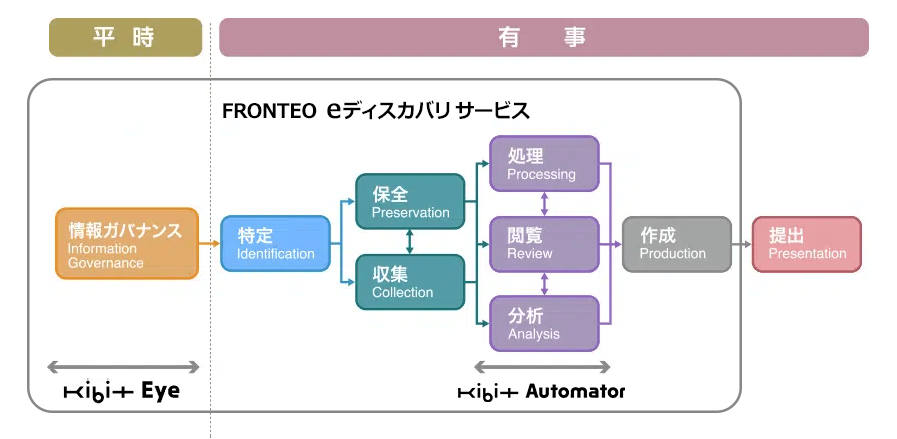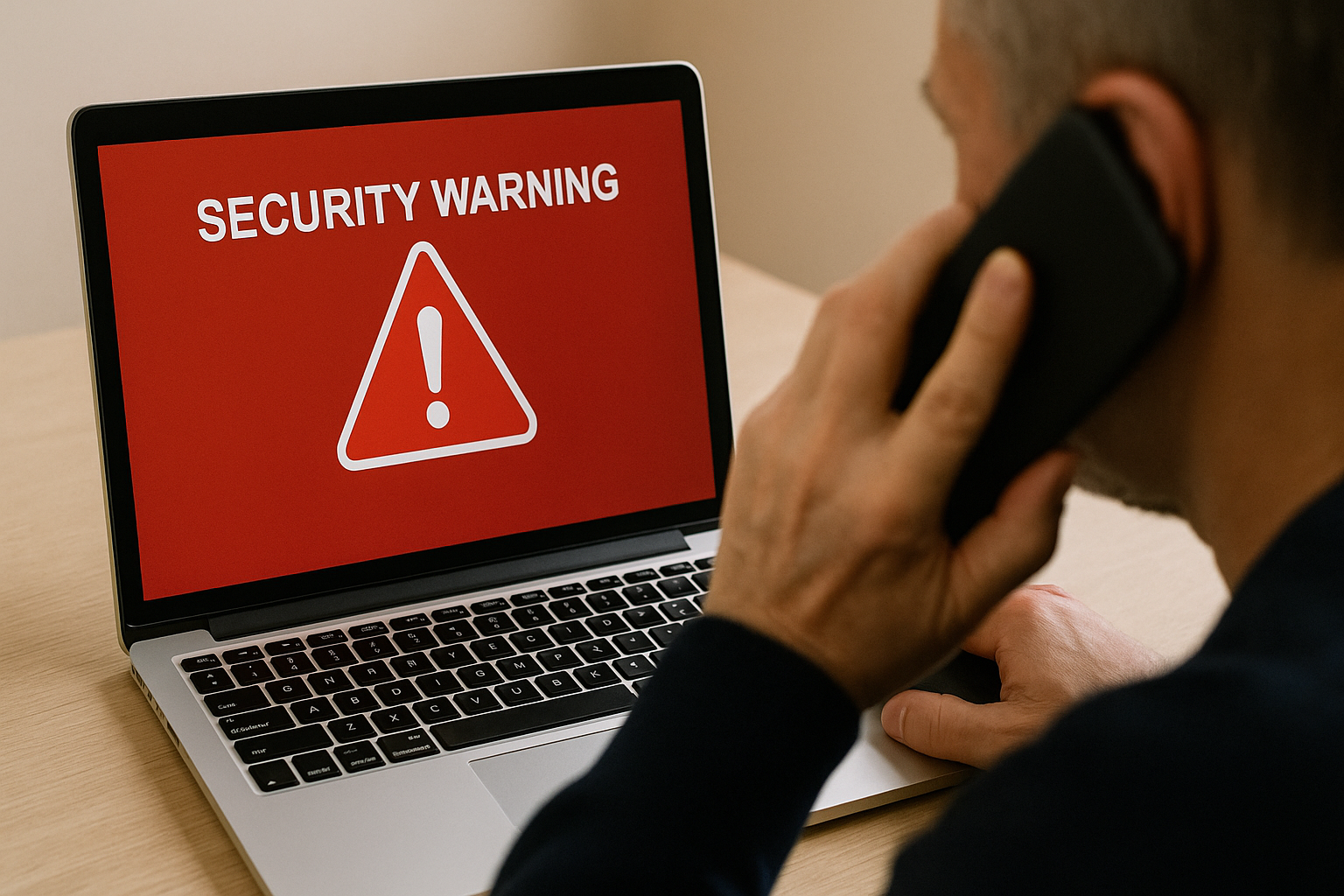Just because a Japanese company does business primarily in Japan does not mean that it is immune from U.S. litigation. Legal professionals of companies that do business globally to some extent need to be prepared for litigation in the United States. When a lawsuit is filed in the U.S., "eDiscovery" becomes important. Since there is no similar system in Japan, some of the details are difficult to grasp. In this article, we will introduce the basic knowledge of what kind of system e-discovery is, the background and current status of its introduction in the U.S., as well as countermeasures and support services.

eDiscovery refers to electronic discovery in U.S. litigation
eDiscovery refers to electronic discovery in litigation in the United States. In U.S. litigation, both plaintiffs and defendants are obligated to disclose information such as documents and materials related to the case.
This discovery is called "discovery," and with the 2006 revision of the Federal Rules of Civil Procedure, not only documents but also electronic data such as e-mails are now eligible for submission. This is "e-discovery. You must collect and disclose the data yourself, and you cannot change or delete the data you submit. If it is determined that there has been a violation, you may be fined or even face a court case against you on suspicion of evidence tampering.
Thus, while failure to prepare for e-discovery is a major risk in U.S. litigation, Japanese companies are still lagging behind in their measures.
Flow of U.S. Litigation
When a lawsuit is filed in the U.S., the parties are required to have a meeting called a "pretrial" to discuss the facts before the court conducts a fact-finding hearing called a "trial. At this time, "discovery," or discovery procedures, are conducted, which is a major feature of U.S. lawsuits.
The purpose of this system is to ensure that both the plaintiff and the defendant correctly understand the facts, and to settle the case between the parties as much as possible, in other words, to settle the case.
In the U.S., lawsuits rarely proceed to the trial stage, and most cases are settled at the pre-trial stage or concluded with a summary judgment without trial, which is called a "summary judgment. Thus, discovery is an important procedure that determines the course of litigation in the United States. In this era of advanced information technology, "e-discovery," which targets electronic data, accounts for a large percentage of discovery.
Scope of Data Requiring Disclosure in e-Discovery
e-Discovery covers not only emails, but also any data obtained from any electronic information, including short messages, social networking sites, online documents, databases, internal applications, and website content.
As a general rule, even trade secrets must be submitted and may be required to be submitted retroactively. Even Japanese companies that store data and content only on domestic servers are required to submit data, and are often asked to translate the data into English.

Importance of e-Discovery Measures for Japanese Companies
Japanese companies, particularly manufacturers of automobiles and semiconductors, are often involved in international litigation. Any company that has business interactions with the U.S. can be sued, and it is quite possible to be involved not only as a party, but also in a lawsuit brought by a subsidiary, or vice versa.
In this age of globalization, international litigation is no stranger to the United States. In addition, the U.S. traditionally holds the view that "a perpetrator who can financially afford to do so should provide some relief to a victim who cannot. This is a view that is more likely to be accepted in a jury trial, in which the jury's opinion tends to play a large role, and plaintiffs who would normally demand monetary compensation from multiple parties will file a lawsuit for monetary compensation only against those who have sufficient financial resources, known as "deep pockets.
Japanese companies are in this deep pocket, and since they are not familiar with the U.S. litigation mechanism, they are always at risk of being sued. Japanese companies are the ones who need to take e-discovery measures.
Risks of Insufficient e-Discovery Preparation and Mishandling
When a company is involved in a lawsuit, it must submit relevant documents and data in a short period of time. Submission requires the identification, preservation, collection, and analysis of information. To do this quickly, preparation from normal times is essential. If the initial response is incorrect, the data preservation will not be done properly, and the company will not be able to develop a rational strategy without the facts. In some cases, this can result in extra costs.
In fact, a Japanese pharmaceutical company was accused of destroying evidence in a U.S. lawsuit over a diabetes drug because the information requested in e-discovery had been destroyed, resulting in a huge compensation claim of approximately 620 billion yen.
What is EDRM, an e-discovery workflow?
EDRM, which stands for "Electronic Discovery Reference Model," is a workflow for conducting e-discovery.
It starts with "information governance" as a preparation for normal times, and in case of emergency, "collection" is conducted after "identification" of target data and "preservation" so as not to delete or change the data. After "processing" such as deleting duplicates and narrowing down the data, only what is necessary for litigation is extracted and "analyzed. Then, a report is "created" after "inspection" by experts. The process consists of a total of 9 items up to the "submission" of the report for disclosure.
Advantages of e-Discovery Support Service
It is recommended to introduce the most suitable support service for e-discovery measures. The benefits are explained below.
Improved efficiency and cost reduction of EDRM work
Some may think that understanding EDRM can be handled by in-house resources. In reality, however, the scope is much larger than you might think, as it includes data from all electronic information, including messages, online documents, and content, not just email.
A company may not have just one litigation matter at a time, but may be dealing with several at the same time. Specialized knowledge and translations are required, as well as review software that efficiently checks all types of evidence. It is not something that can be handled in-house while performing one's usual duties.
With our support services, we can efficiently handle the nine-point EDRM process. In particular, document review, which is said to account for the majority of e-discovery, can be significantly reduced by using a support service that has the know-how and technology to extract only the necessary information from a large volume of electronic data.
Speedy Litigation Preparation
In addition to the enhancement of information governance during normal times, another advantage is the ability to quickly respond to data preservation and collection in the event of an emergency. By turning EDRM, a world-standard workflow, into a one-stop, speedy process, you can respond quickly to sudden lawsuits, increasing the likelihood of a favorable outcome in court.
Accurate and prompt submission of evidence
Preservation and collection of subject data is important, but the key point is how quickly and accurately documentary evidence can be submitted. Depending on the service vendor, we can use software that identifies potentially misjudged documents or leave the search and extraction to AI, thereby ensuring accurate and prompt submission of documentary evidence.
Contact us for e-discovery at https://legal.fronteo.com/contact/ 
How to Identify a Reliable eDiscovery Vendor
Using support services is a practical way to prepare for e-discovery. Here are some ways to identify a reliable vendor.
Does the vendor have sufficient e-discovery experience and expertise?
Find out what types of projects they have handled and for what types of companies, both domestic and international. The number of cases they have handled will directly translate into know-how and lead to low-cost, high-quality support. It is also important to know the track record of Japanese companies. You may think that since e-discovery is a U.S. system, a vendor with experience in the U.S. would have an advantage, but a vendor with a thorough understanding of Japanese organizations, corporate practices, and work styles will be far less stressful for you. Remember to check the level of understanding of Japanese language and business culture of the potential vendor.
Do they have the technical capabilities, such as tools and software, in place?
As important as experience and know-how, technical capabilities are also important when selecting a vendor. The most time-consuming and expensive part of e-discovery is the process of sorting through the data for evidence.
By using software that identifies documents that may have been misjudged, and AI that can be left to search and extract, the accuracy and speed of a process that once took hundreds of people months to complete can be dramatically improved. Labor costs can be reduced and costs can be cut.
Is the data security environment and privacy compliance in place?
When dealing with huge amounts of data, online tools are often used for discovery work. If the vendor handles the entire process in-house, including the use of online tools, there is no problem, but if only the online tool work is outsourced to another company, be careful. If this is the case, it means that important litigation data will be passed on to a completely unknown company. Also, since sending data overseas increases the risk of information leakage, it is important to check whether the company has its own equipment and data processing facilities for data hosting in Japan.
Whether the cost and unit price are appropriate
Data review costs account for the largest percentage of discovery costs. In most cases, a "unit price" per data volume is quoted in the review cost estimate, but it is too early to select a vendor based on this unit price alone. This is because the total cost varies greatly depending on whether the unit price is calculated based on "data before decompression" or "data after decompression.
Most vendors tend to choose the vendor that assumes "data after decompression" because they set the unit price lower, but the total number of files after decompression is much larger than before decompression. However, the total number of files after decompression is much larger than before decompression, so when considering the total cost, the vendor who provides "pre-extracted data" with a higher unit price is cheaper in many cases.
A similar example is the case where "data before keyword refinement" is used as the basis for calculation, even if the unit price is lower. You should not be misled by the unit price, but should choose a vendor who can explain the work thoroughly and present the final expected amount.
Does the vendor have a good customer service and support system that can be consulted when problems arise?
There is a time difference between Japan and the United States. If the vendor does not respond to e-mails within 12 hours or does not get through when you call, you will not be able to fight a lawsuit in the U.S., where speed is of the essence. It is also important to determine if the vendor can provide global support and speedy service.
FRONTEO's e-discovery support service can help you

Since its establishment in 2003, FRONTEO has been a pioneer in the field of international litigation and fraud investigation in Japan, and has worked to solve a wide range of corporate issues. In particular, our e-discovery support service is a one-stop solution for the entire EDRM process, which is a global standard workflow, and we have been involved in 8,500 discovery cases to date.
By combining our experience in handling cases with our own AI engine, we have achieved a high level of accuracy and efficiency that no other company can match.
We have data centers in Japan and South Korea, and we have full security measures in place. We seamlessly provide services to our clients' headquarters, local subsidiaries, and law firms. We provide prompt support through our global operations.
→ Click here for e-discovery consultation and inquiries
→Related Article] Details of FRONTEO's e-Discovery Support
As a pioneer of comprehensive e-discovery support in Asia, FRONTEO has been involved in approximately 8,500 cases. We will introduce our full range of e-discovery services and efficient e-discovery flow, backed by our proven track record.
